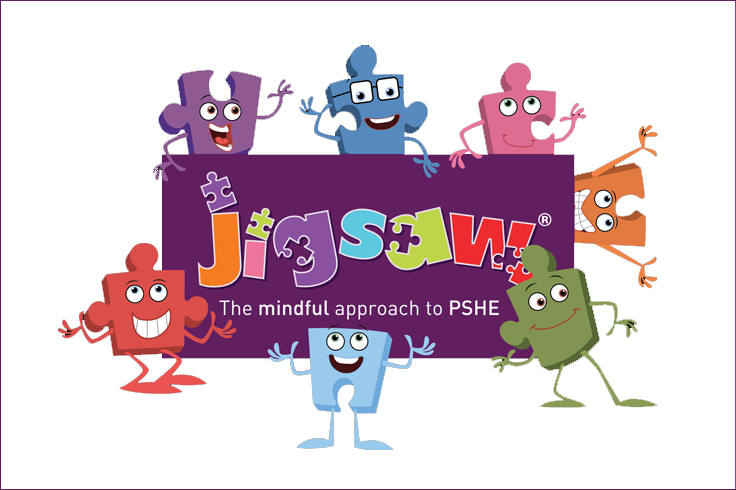PSHE At Marlborough House
PSHE at Marlborough House is an all-encompassing subject that is taught both within the formal curriculum and outside the classroom. All children from Nursery to Year 8 are provided with carefully planned and co-ordinated opportunities to explore attitudes and values that come under ‘Valuing Self and Others’. Children learn about themselves as growing and changing individuals with their own experiences and ideas, and also as members of their communities, sharing common thoughts and feelings with their peers. Marlborough House children are taught about the wider world and the importance of playing a part as a global citizen.
They take great care to cover all aspects of the curriculum including PSHE and the promotion of fundamental British values
isi report june 2015
The relevant components of PSHE that make up the framework for this subject from Nursery to Year 8 are:
- Developing confidence and responsibility, and making the most of their abilities
- Preparing to play an active role as citizens
- Developing a healthy, safer lifestyle
- Developing good relationships and respecting the differences between people
- Developing skills of enquiry and communication
- Developing skills of participation and responsible action
- Promoting fundamental British values
The PSHE syllabus (including citizenship) is delivered through:
- Circle Times (Focus in Early Years and Pre-Prep)
- Subject teaching
- Form Tutor periods
- Class roles and responsibilities-elected representatives
- Pupil Voice Forums
- Debates
- Discrete, timetabled lessons (Years 3-7)
Jigsaw PSHE
We are pleased to be able to offer our children JIGSAW PSHE from September 2020. Designed as a whole school mindful approach, Jigsaw PSHE/Health and Wellbeing provides a detailed and comprehensive scheme of learning. Children enjoy well-structured, progressive lessons which aim to prepare them for life by helping them really know and value who they are and understand how they relate to other people in this ever changing world.

A cross-curricular approach:
- Contribution of visiting specialists (Year 8)
- Charity/Community involvement and Fund Raising activities
- Assemblies/Chapels
- Leavers’ Programme (Year 8)
RSE at Marlborough House
At MHS we follow a mindful approach to PHSE, (Personal, Social and Health Education). Using the Jigsaw Scheme of work, which we tailor to ensure a bespoke curriculum for our children, we teach lessons, including the statutory RSE, (Relationship, Sex and Health Education), that have a strong focus on emotional health and wellbeing.
We believe that this work is vital to support children’s development and to underpin learning capacity, and that it is most effective when parents and carers work in partnership with the school. We all want our children to be safe, healthy and happy.
In order to maintain our healthy partnership with parents we hold an annual parent engagement session for parents of children in all year groups led by our specialist RSE Consultant, Yaon Reid, and the Head of PSHE, Catherine Walker. Please see below for the parent information document that was shared with parents after our most recent RSE consultation.
RSE is compulsory in all primary and secondary schools in England and this includes curriculum content under two headings:
- Relationships Education – Families and people who care for me, Caring friendships, Respectful Relationships, Online Relationships and Being Safe.
- Health Education – Mental Wellbeing, Internet Safety and Harms, Physical Health and Fitness, Healthy Eating, Drugs, Alcohol and Tobacco, Health and Prevention, Basic First Aid and Changing Adolescent Body
What is the purpose of RSE?
There are four main aims for teaching RSE within the context of Prep School PSHE (Personal, Social, Health and Economic) Education:
- To enable young people to understand and respect their bodies, and be able to cope with the changes puberty brings, without fear or confusion
- To help young people develop positive and healthy relationships appropriate to their age, development, etc. (respect for self and others)
- To support young people to have positive self-esteem and body image, and to understand the influences and pressures around them
- To empower them to be safe and safeguarded
